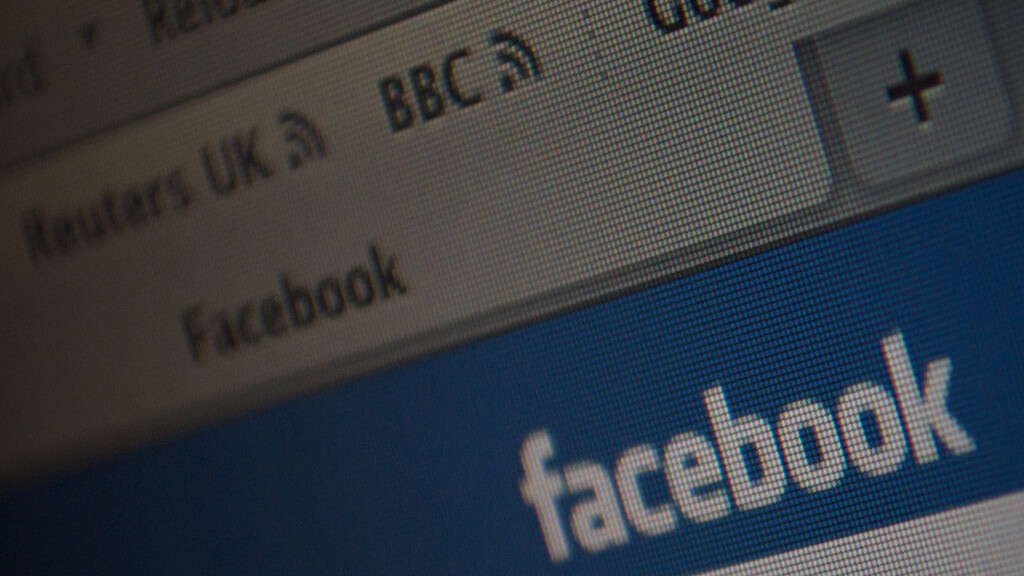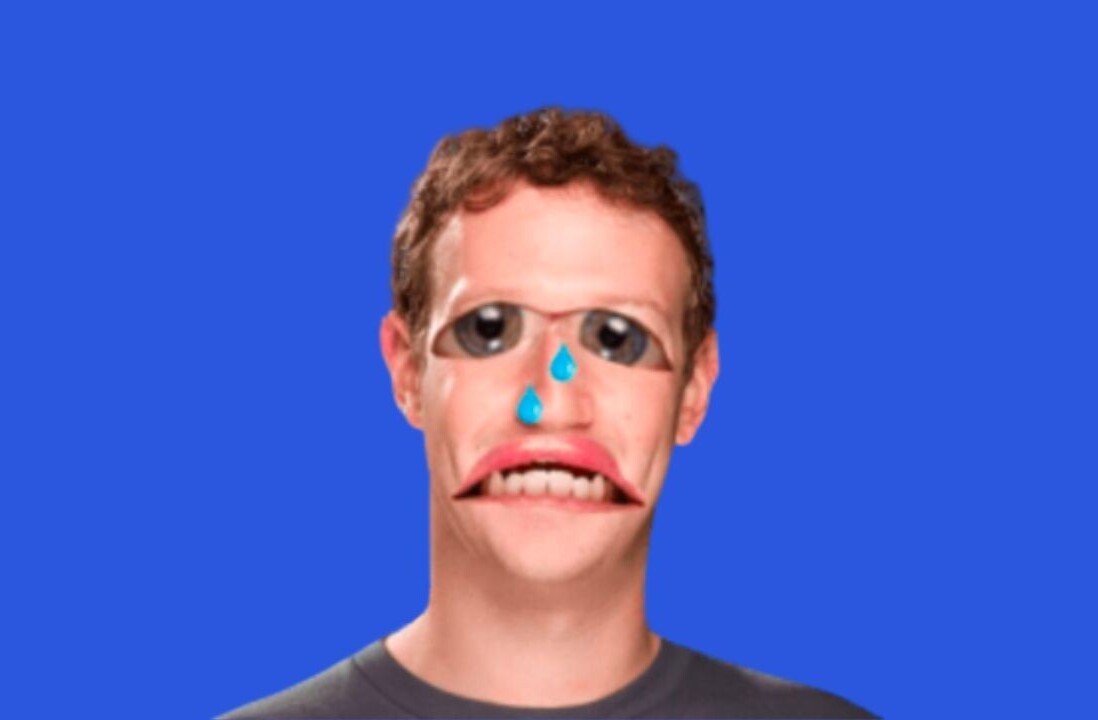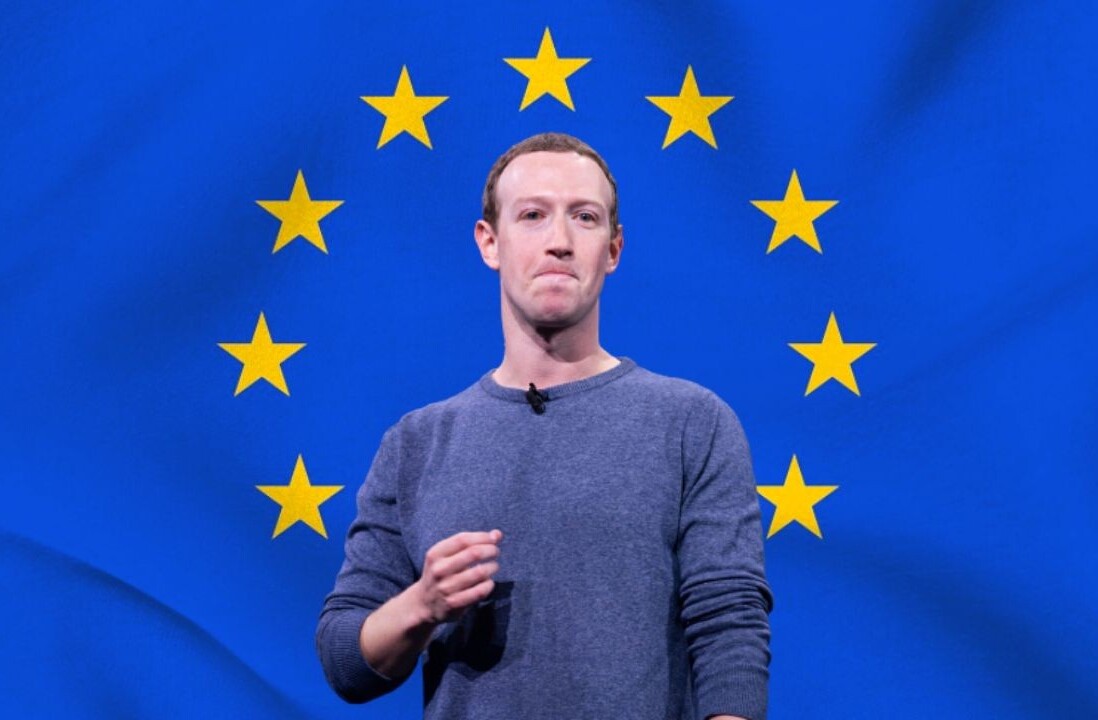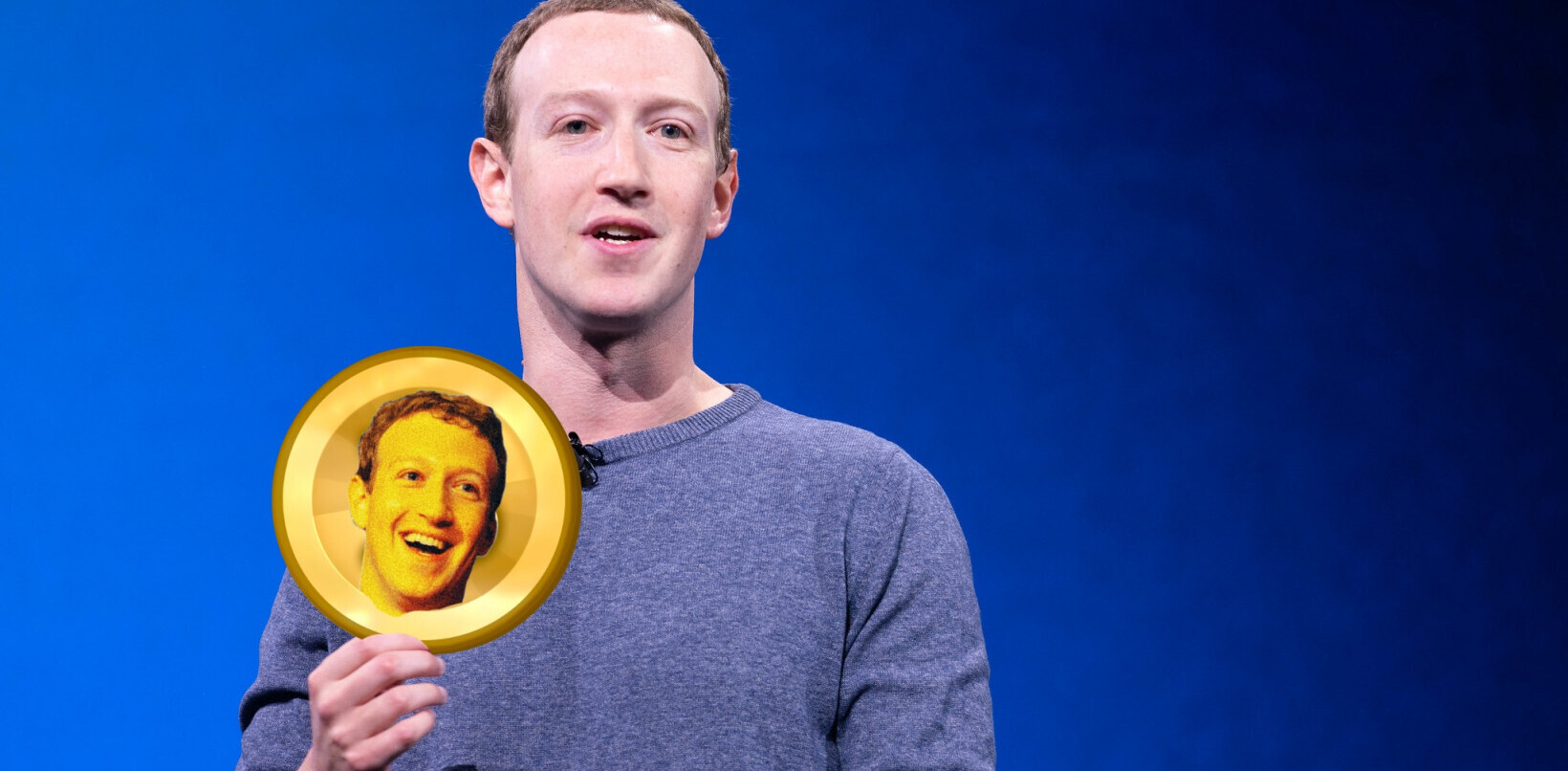
Facebook is facing calls to increase the level of authentication it asks of users in India, adding to the pressure that it is under with two legal cases pushing it, and other Web firms, to reform its measure for censoring content in the country.
As a report from Times of India reveals, a new petition has been sent to the high court by network analyst Pradeep Kumar Manukonda, who is requesting that the world’s largest social network makes its users authenticate accounts with official identification documents.
Manukonda believes that Facebook’s current system, which the company says prevents fake accounts from being created, is not stringent enough and should be adjusted to make things stricter to ensure all users are who they claim to be.
The petition is also concerned with security issues and primarily the fact that deleted Facebook accounts are not permanently removed from its system. It calls upon the Indian government to look into the issue and oversee a change in the policy. Indeed, to that point, Times of India reports that it is “seeking directions to the central government” in order to get the necessary authorities involved in forcing a change.
Fake and anonymous accounts have been a key part of previous court hearings that are concerned with unsuitable content, which is reported to include images that degrade religious figures. The new action is aimed at cutting down on anonymous and fake profiles, which are alleged to be the source of the such content thanks to a lack of accountability.
India’s acting telecom minister Kapil Sibal was the centre of controversy when it was reported that he was keen to introduce real-time screening of Internet services to prevent unsuitable content being published online in India. Sibal since claimed he had been misquoted, and that such a system would be impossible, but he did admit he is aiming to reform India’s legal system which is not suitably empowered to remove content or force services to do so.
Things have settled done somewhat since as the content in question has now been removed by Facebook and others, while Indian ministers have stressed that they are not trying aiming to censor the Web on a number of occasions. However, the new high court petition has the potential to open a new debate over social networking in the country.
China is set to introduce a mandatory real-name verification system next month which will mean existing and new microblog users are required to validate their profiles with official ID. It appears that this is the type of move that the new legal challenge is looking to encourage, but ministers are already not keen on implementing restrictions and it remains to seen whether they’d adopt regulation used by China’s censorship-heavy regime.
Facebook sees India as a key market and it just became the world’s second largest Facebook country behind only the US. Previously Google’s Orkut has reigned supreme in India but, with 43 million users, Facebook is the first choice for the country’s 120 million plus Internet users.
We’ve contacted Facebook for comment and will update this article with any response that we receive.
Get the TNW newsletter
Get the most important tech news in your inbox each week.




